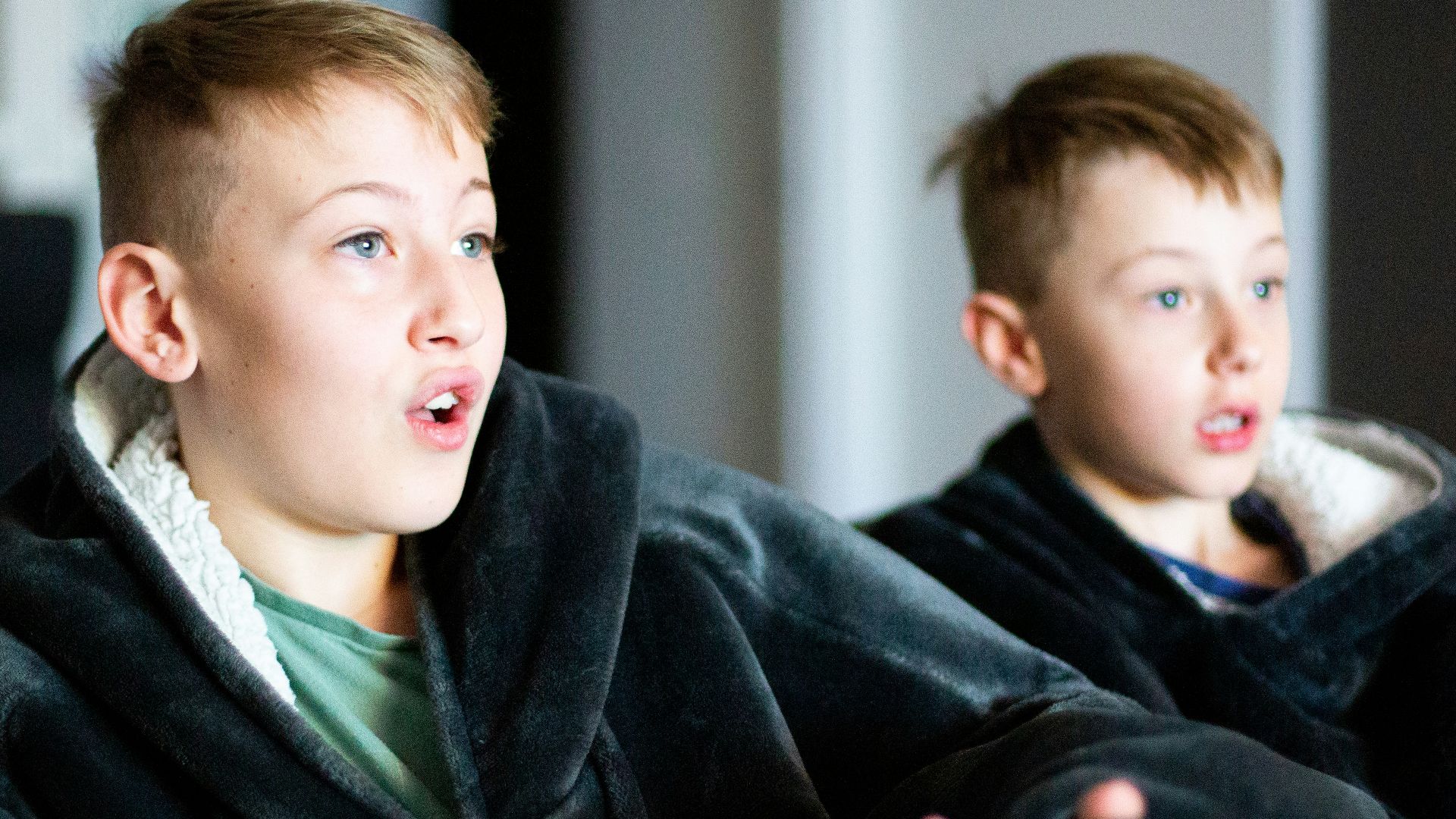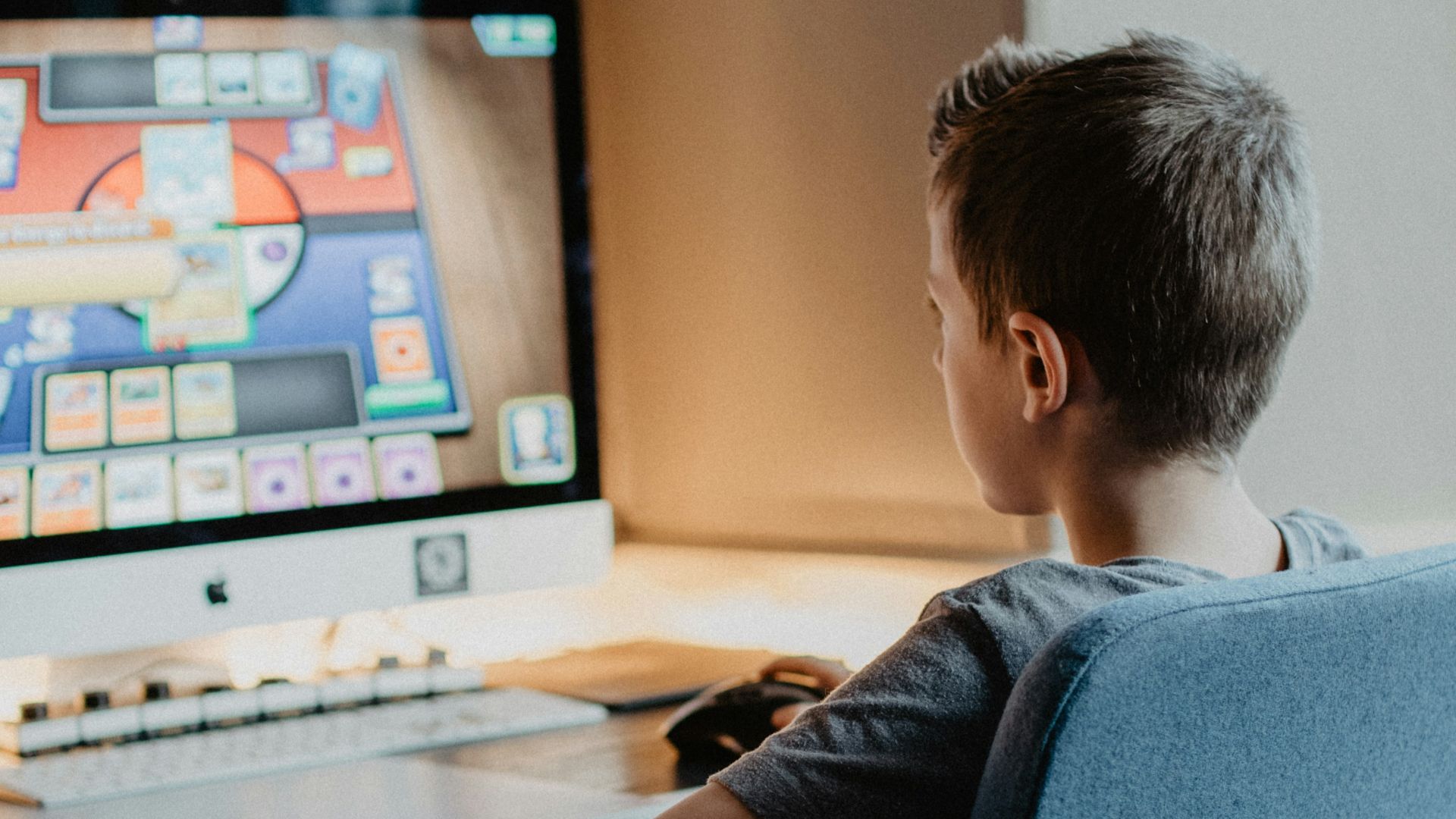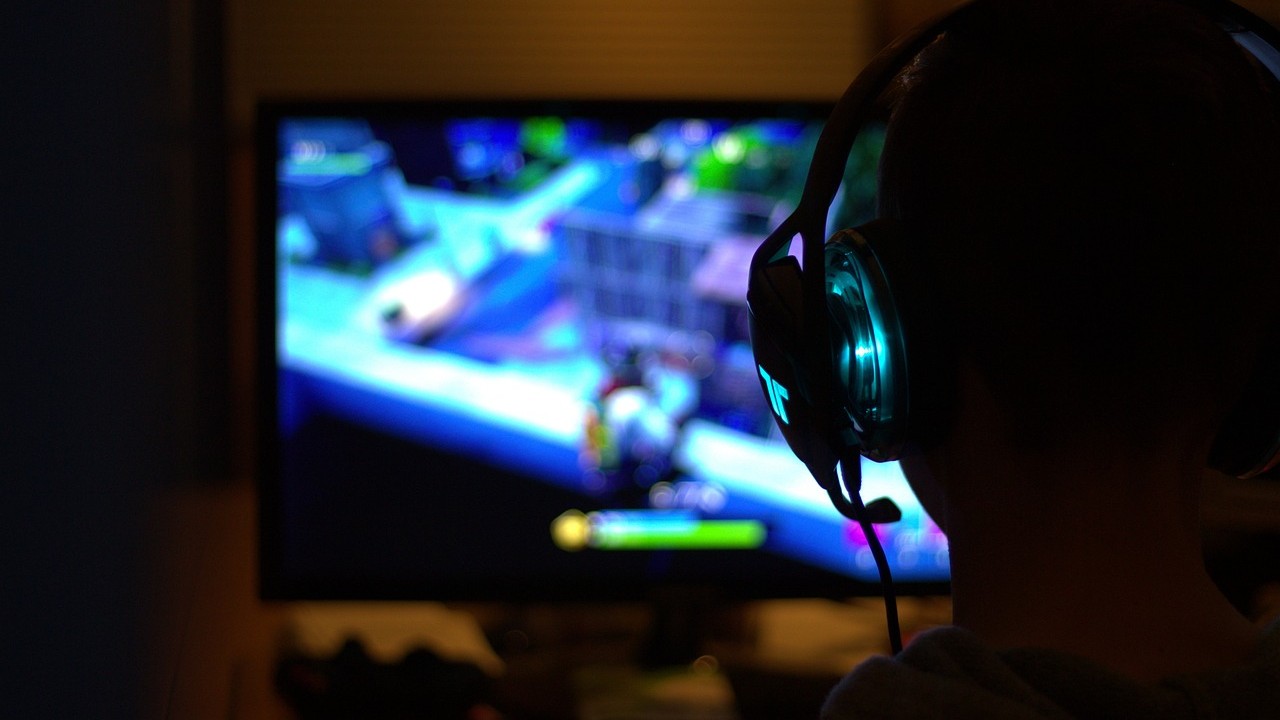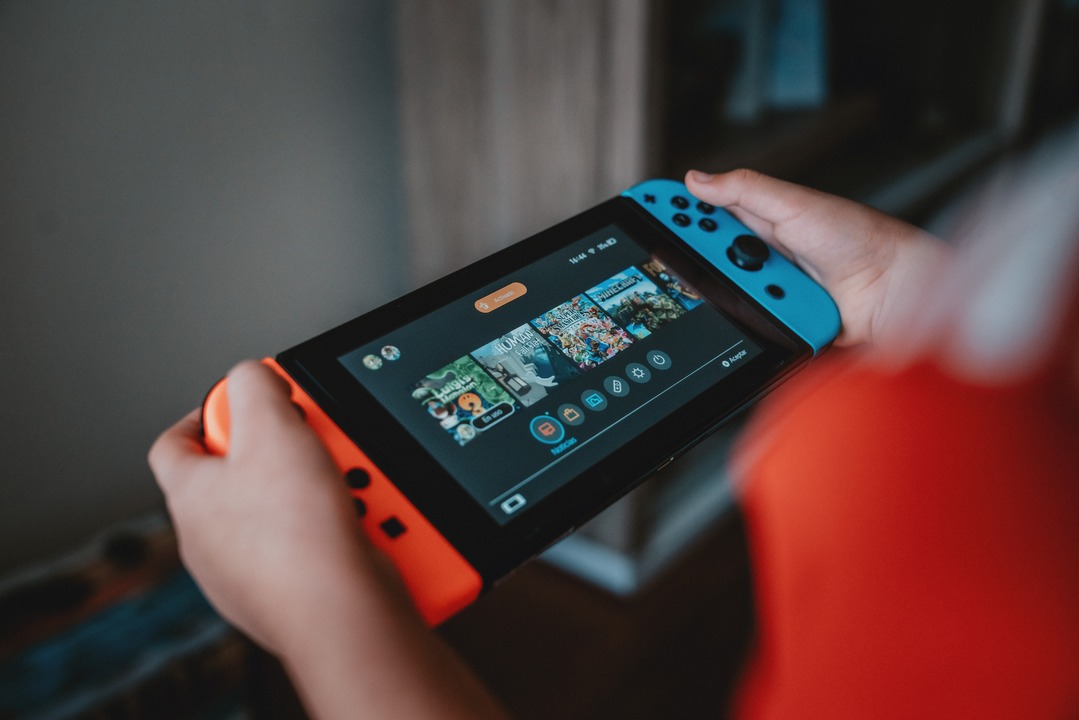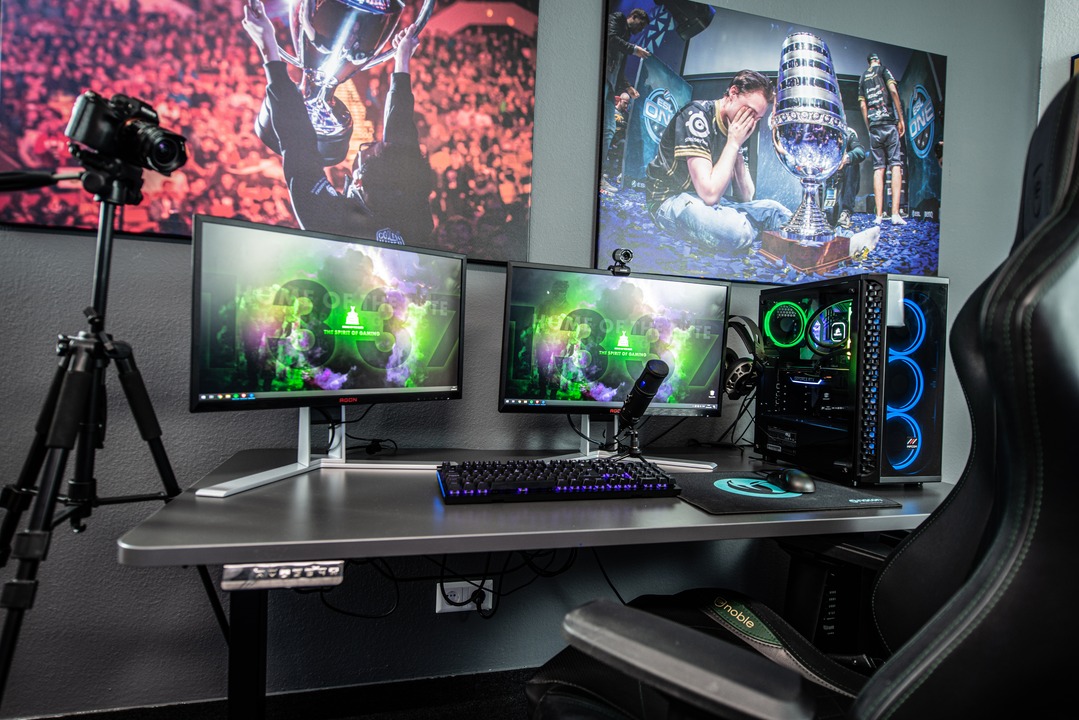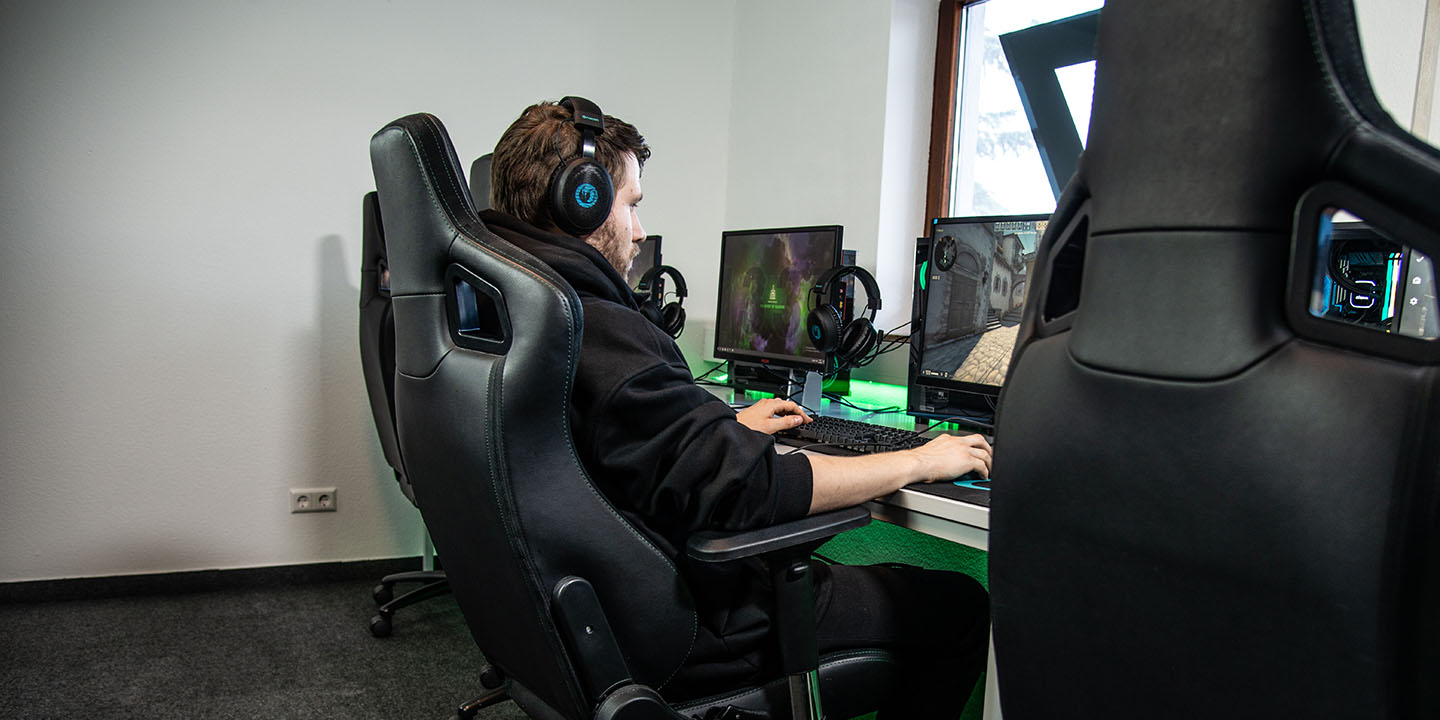Video games have garnered an unfair reputation as an antisocial activity that breeds violence. As gaming and the industry evolve, most have learned that it offers the opportunity for social interaction and can help kids and teens improve their teamwork, communication, and even their emotional intelligence.
Gaming doesn't have to be an isolating experience. Balanced and age-appropriate video games can help develop friendships, social skills, and critical thinking skills that gamers can use in their everyday lives. This doesn't mean that you should let your kids play video games all night or not offer any supervision, but it does mean that video games have merit and shouldn't be treated as contraband.
Let's look at how games can help kids improve their social skills and gain some important life skills along the way.
Team-Based Games Teach Cooperation and Communication
Many popular console games require players to use teamwork to succeed. It could be kids strategizing while playing Fortnite or solving a puzzle in Minecraft, but either way, they are collaborating and learning to value teamwork. They can also hone their abilities to share information, listen, and adapt to different situations and group dynamics.
Cooperative video games force kids to learn the benefits of collaboration, which is a skill they can take into their teenage and adult lives. These games require them to articulate their ideas and opinions, negotiate, and be open to receiving feedback.
Expand Their Social Circles
Video games don't get the praise they deserve for creating safe social spaces for kids to meet other like-minded kids. Furthermore, it's easier for some kids to make friends through gaming than in the schoolyard or at camp. There's less pressure to impress and more opportunities to have fun together.
Friendships made while playing video games can be just as meaningful as those made offline. Kids can connect over shared goals, inside jokes, and work together to achieve something. Along the way, they can improve their social skills and gain confidence.
Parents need to stop viewing these interactions as shallow. In reality, kids maintain many of the friendships they make through gaming and continue to play with the same people for years.
Gaming Can Help With Emotional Regulation
Since gaming is competitive, it offers kids a controlled environment to practice emotional regulation. Kids will have no choice but to deal with losing, various setbacks and hurdles, adapting to changes in gameplay, or learning to play a new game or with a kid they haven't played with before. These are critical life skills that kids can't always learn in school.
The best evidence of the merit of kids playing video games is that they require a lot of problem-solving, patience, and some compromise. Playing video games can make a kid more resilient and give them some wins to celebrate along the way.
While not everything related to gaming is positive, there is a lot of merit to letting kids play them. Kids can learn valuable social skills, build confidence, and make new friends through gaming. Parents should provide the right guidance and supervision, but most importantly, they should allow themselves to be open to the idea.


